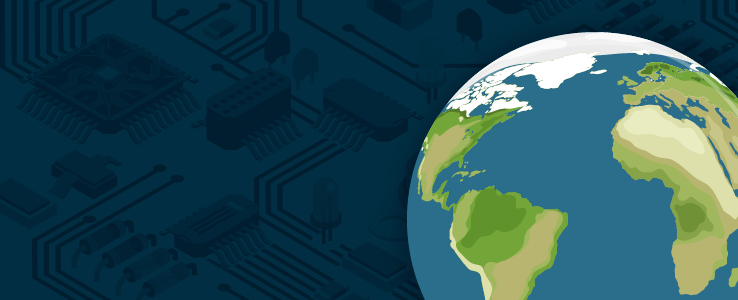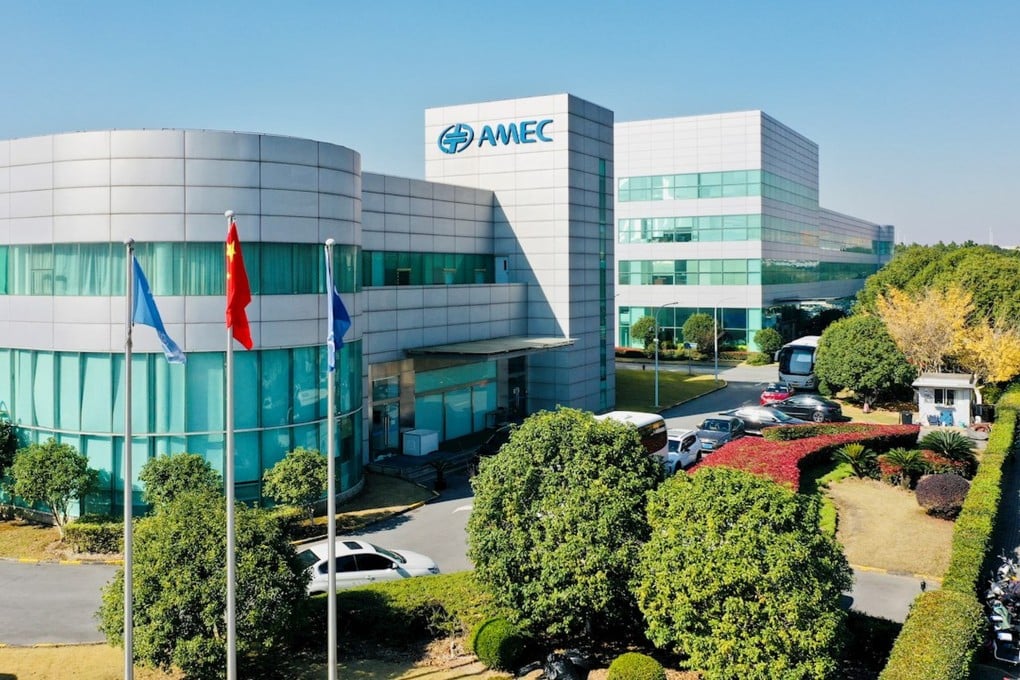Google Cloud Next 2023 presented a comprehensive showcase of advancements in artificial intelligence (AI), cloud infrastructure, and enterprise tools. These innovations are designed to enhance performance, scalability, and accessibility for businesses across various industries. From innovative AI hardware to productivity-enhancing tools, the event highlighted Google’s dedication to driving technological progress.
Below is an in-depth exploration of the most notable announcements. Google introduced the Cloud Wide Area Network (Cloud WAN) for faster, more reliable enterprise connectivity, alongside enhanced security features like NVIDIA’s confidential computing. The 7th generation TPU “Ironwood” delivers 42.

5 exaflops of compute power per pod, advancing AI hardware for large-scale machine learning with improved energy efficiency. AI software updates include Google DeepMind’s Pathways framework for scalable machine learning and Vision-Language Models (VLM) for optimized AI development on TPUs. Google Workspace enhancements feature AI-driven tools like “Help Me Analyze” in Sheets, audio overviews in Docs, and automation with Workspace Flows to boost productivity.
Specialized AI agents and tools, such as Google Agent Space and Code Assist, streamline workflows for technical teams, while innovations like “Lia” Music AI enable creative applications. At the forefront of cloud infrastructure advancements, Google introduced the Cloud Wide Area Network (Cloud WAN), a solution aimed at delivering faster and more reliable network performance for enterprises. With speeds up to and reduced operational costs, Cloud WAN is set to redefine enterprise connectivity by improving efficiency and scalability.
Security remained a critical focus, with the integration of NVIDIA’s confidential computing and Blackwell systems. These technologies provide , making sure that sensitive workloads remain secure in increasingly complex cloud environments. By addressing both performance and security, Google is allowing businesses to operate with greater confidence in the cloud.
Google unveiled the 7th generation Tensor Processing Unit (TPU), codenamed “Ironwood,” a significant leap forward in AI hardware. With a compute power of , Ironwood is engineered to handle high-performance AI workloads while maintaining energy efficiency. This innovation underscores Google’s commitment to supporting large-scale machine learning operations with state-of-the-art hardware.
The improved energy efficiency of Ironwood not only reduces operational costs but also aligns with sustainability goals, making it a pivotal tool for enterprises aiming to balance performance with environmental responsibility. Here are more guides from our previous articles and guides related to AI advancements that you may find helpful. Google announced several updates to its AI software ecosystem, focusing on optimizing performance and reducing costs.
These updates are designed to make AI development faster, more efficient, and accessible to a broader range of users. Key highlights include: These updates enable lower latency and cost optimization for AI applications, making sure smoother operations for developers. Now available for distributed machine learning, this framework offers seamless scalability for complex models, making it easier to train and deploy advanced AI systems.
Optimized for PyTorch workloads on TPUs, this integration streamlines AI development processes, reducing time-to-market for new applications. These advancements reflect Google’s focus on creating tools that empower developers to build smarter, faster, and more scalable AI solutions. Google introduced the Gemini AI models, specifically designed for enterprise use in secure, air-gapped environments.
These models address the stringent demands of businesses handling sensitive data, providing a reliable and secure solution for AI-driven operations. Additionally, Google announced the availability of Meta’s Llama 4 and AI2’s open models on Vertex AI. These additions offer developers a to build and deploy AI applications.
Enhanced grounding capabilities, using Google Search, enterprise data, and third-party sources, further improve the accuracy and reliability of these models, making sure they meet the diverse needs of modern enterprises. Google Workspace received a significant upgrade with the introduction of new AI-powered tools designed to enhance productivity and streamline workflows. These tools include: This feature offers advanced data analysis capabilities, allowing users to derive insights more quickly and efficiently.
High-quality audio versions of documents improve accessibility, making it easier for users to consume information on the go. By automating repetitive tasks, this tool helps teams streamline workflows and focus on higher-value activities. These enhancements aim to empower teams to work smarter, fostering collaboration and efficiency across organizations.
Google introduced advancements in AI agent technology, focusing on simplifying deployment and expanding the capabilities of intelligent systems. Key innovations include: A platform designed for enterprise-wide deployment of AI agents, allowing businesses to integrate AI seamlessly into their operations. This toolkit allows developers to build sophisticated multi-agent systems, complete with protocols for seamless agent-to-agent communication.
These developments make AI agents more versatile and accessible, allowing businesses to use intelligent systems for a wide range of applications. To enhance customer interactions, Google introduced conversational AI agents capable of and real-time video support. These agents deliver human-like interactions, improving customer satisfaction and engagement.
Additionally, no-code interfaces enable businesses to quickly create custom AI agents, making advanced AI capabilities accessible to organizations of all sizes. This widespread access of AI tools ensures that even smaller enterprises can benefit from innovative technology. Google announced specialized AI agents tailored for technical roles, such as data engineering, data science, and software development.
These agents feature integrations with popular tools like Atlassian and Sentry, streamlining workflows and enhancing productivity for technical teams. Notably, provide real-time support for software development tasks, helping developers reduce errors and focus on innovation. These specialized tools are designed to address the unique challenges faced by technical professionals.
In a move to support the creative industries, Google introduced “Lia,” a Music AI tool capable of generating 30-second music clips from text prompts. This innovation opens up new possibilities for content creators, allowing them to produce music quickly and efficiently for various applications, from marketing campaigns to multimedia projects. Google’s developer tools received updates aimed at enhancing collaboration and simplifying software lifecycle management.
Key features include: Integrated with AI agents, this feature improves project management by providing up-to-date insights and streamlined workflows. These tools simplify complex workflows, allowing developers to focus on innovation and reduce the time spent on maintenance tasks. These updates are designed to make software development more efficient, collaborative, and aligned with the demands of modern enterprises.
Media Credit:.
Technology

Google Cloud Next 2025 Opening Keynote

Google Cloud Next 2023 presented a comprehensive showcase of advancements in artificial intelligence (AI), cloud infrastructure, and enterprise tools. These innovations are designed to enhance performance, scalability, and accessibility for businesses across various industries. From innovative AI hardware to productivity-enhancing tools, the event highlighted Google’s dedication to driving technological progress. Below is an in-depth exploration [...]The post Google Cloud Next 2025 Opening Keynote appeared first on Geeky Gadgets.















